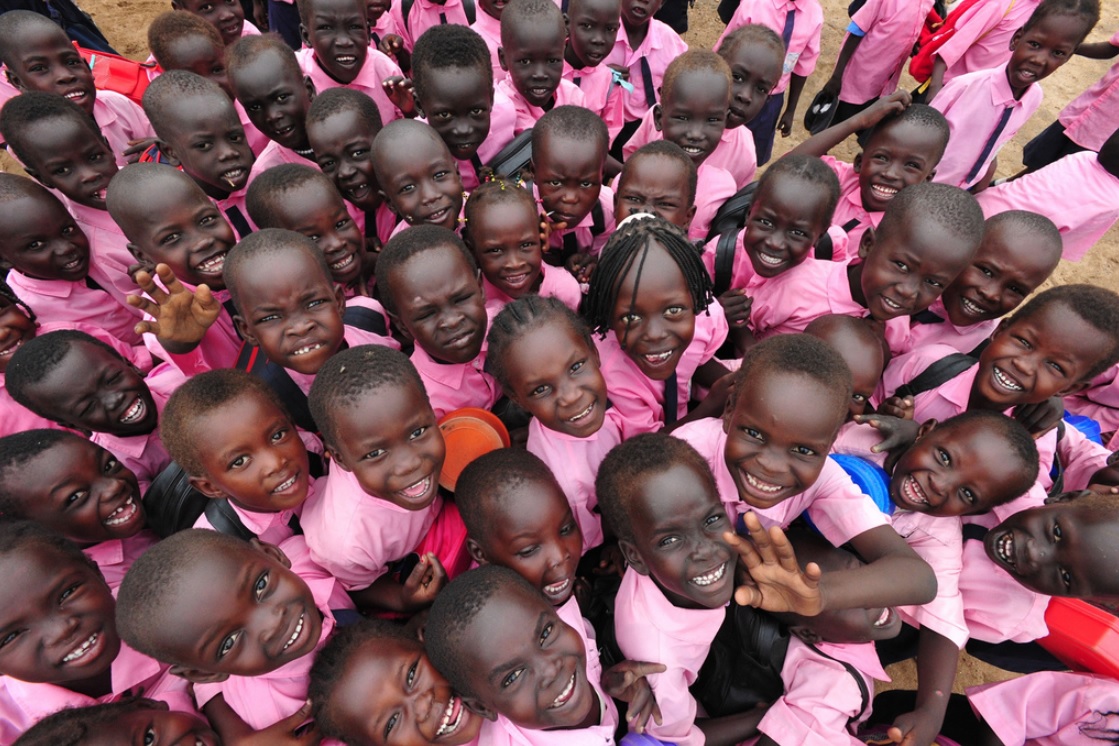The United Nations Commission on Human Rights in South Sudan has called for intensified support from the African Union (AU) and international stakeholders to ensure the successful implementation of South Sudan's transitional justice mechanisms. These efforts, alongside broader state-building initiatives, are crucial to achieving lasting peace and accountability in the country.
The UN Commission welcomed the passage of laws establishing the Commission for Truth, Reconciliation, and Healing (CTRH) and the Compensation and Reparation Authority (CRA). It urged the AU to bolster its backing for South Sudan’s government by operationalizing these laws and reviving stalled efforts to establish the Hybrid Court for South Sudan. Together, these mechanisms form the backbone of the transitional justice framework outlined in the 2018 Revitalized Agreement on the Resolution of the Conflict in South Sudan.
Commissioner Barney Afako, leading a mission to Addis Ababa from November 18–22, 2024, emphasized the need for coordinated action. The delegation engaged with AU officials, diplomats, and civil society representatives, highlighting the importance of ensuring the credibility of transitional justice processes and strengthening state institutions.
“Despite setbacks, this is no time to abandon South Sudan,” said Afako. He underscored the critical need for timely implementation of transitional justice initiatives, including truth recovery, reparations, and accountability, to address entrenched impunity and cycles of violence.
To that end, AU representatives acknowledged the need for:
Enhanced Coordination: Establishing a high-level AU mechanism to mobilize technical, financial, and political resources for transitional justice in South Sudan.
Credible Leadership Selection: Adopting a transparent process to appoint qualified commissioners for the Truth Commission and the Reparation Authority.
Re-engagement on the Hybrid Court: Renewing dialogue with South Sudan’s government to finalize and operationalize the Hybrid Court as a pillar of accountability.
The October 2024 Judicial Review Commission report was also highlighted as a roadmap for reforming South Sudan’s criminal justice system and addressing domestic accountability gaps.
Strengthening Domestic Systems
Yasmin Sooka, Chair of the UN Commission, emphasized the moral and legal obligation of South Sudanese leaders to implement a comprehensive justice system. She called for open dialogue on the nation’s suffering and urged leaders to hold perpetrators accountable for gross human rights violations.
“Accountability, including through the Hybrid Court and domestic mechanisms, is essential to address impunity and foster reconciliation,” said Sooka.
Commissioner Carlos Castresana Fernández highlighted corruption and weak infrastructure as significant obstacles. He urged South Sudan’s leaders to prioritize investments in legal infrastructure and an independent judiciary. “A credible domestic justice system is essential to complement the Hybrid Court and meet the needs of victims,” he said.
International Support and Next Steps
The UN Commission called for robust international and regional partnerships to support South Sudan’s transitional justice agenda. Immediate priorities include:
Strengthening judicial capacity and infrastructure.
Providing financial and technical support to operationalize the CTRH, CRA, and Hybrid Court.
Addressing victims’ needs through reparations and truth-telling initiatives.
“With laws in place for the Truth Commission and Reparations Authority, South Sudan must now demonstrate its commitment to justice and healing,” said Sooka. “The people of South Sudan deserve a peaceful future built on the pillars of accountability, truth, and reconciliation.”
The Commission urged global donors and partners to act swiftly, ensuring South Sudan's peace process remains on track and lays the foundation for sustainable development and national unity.











